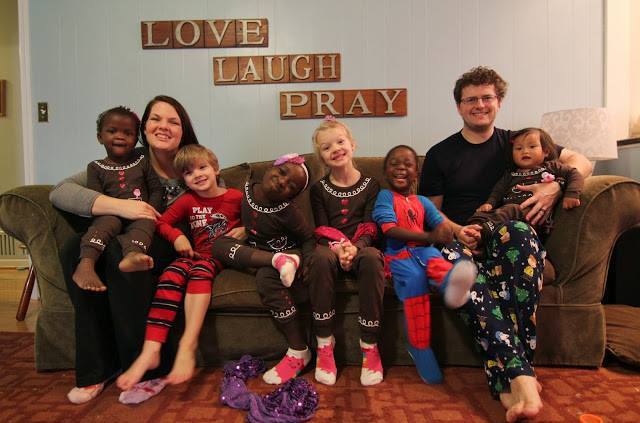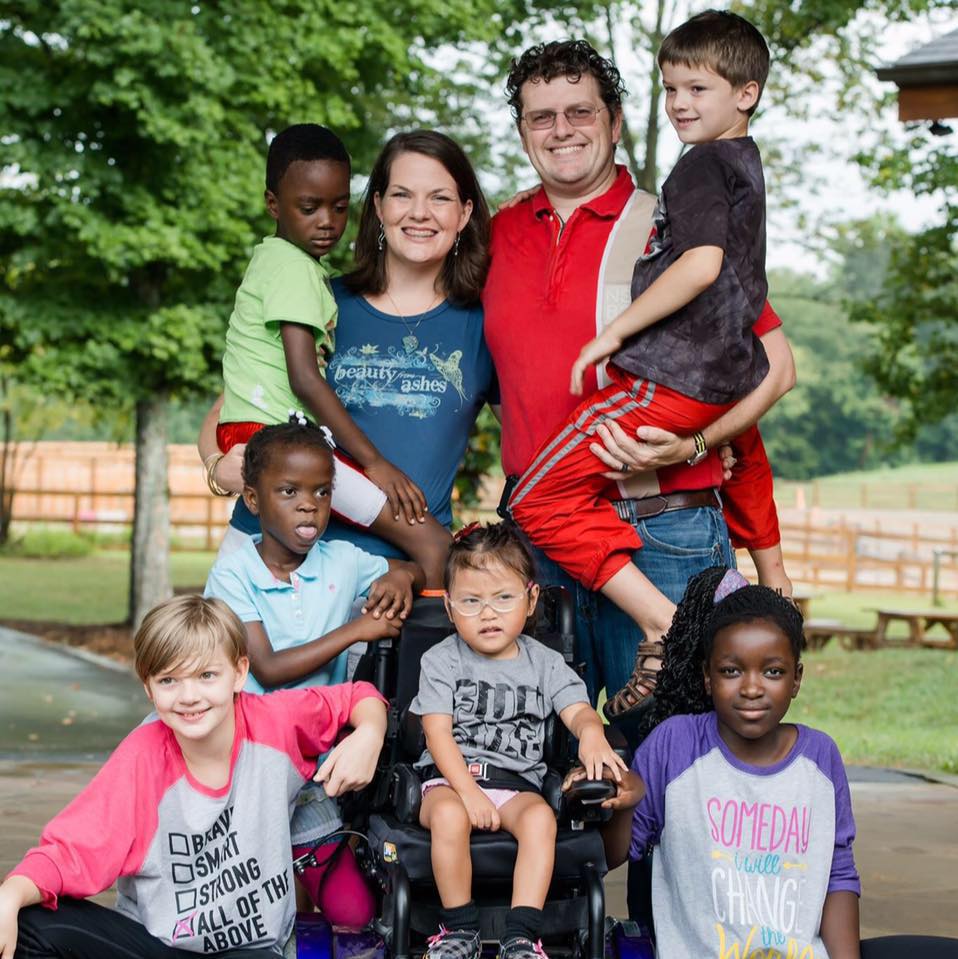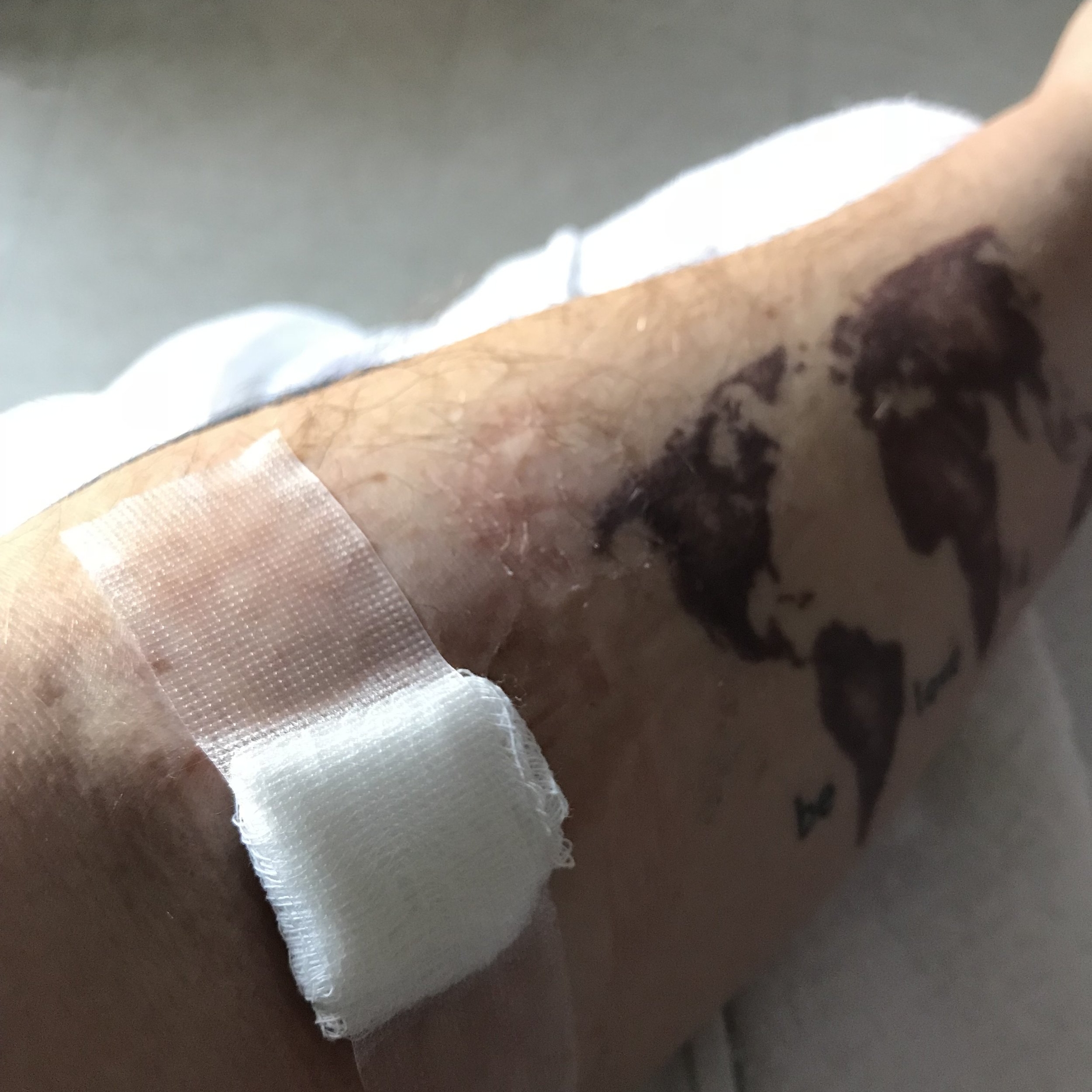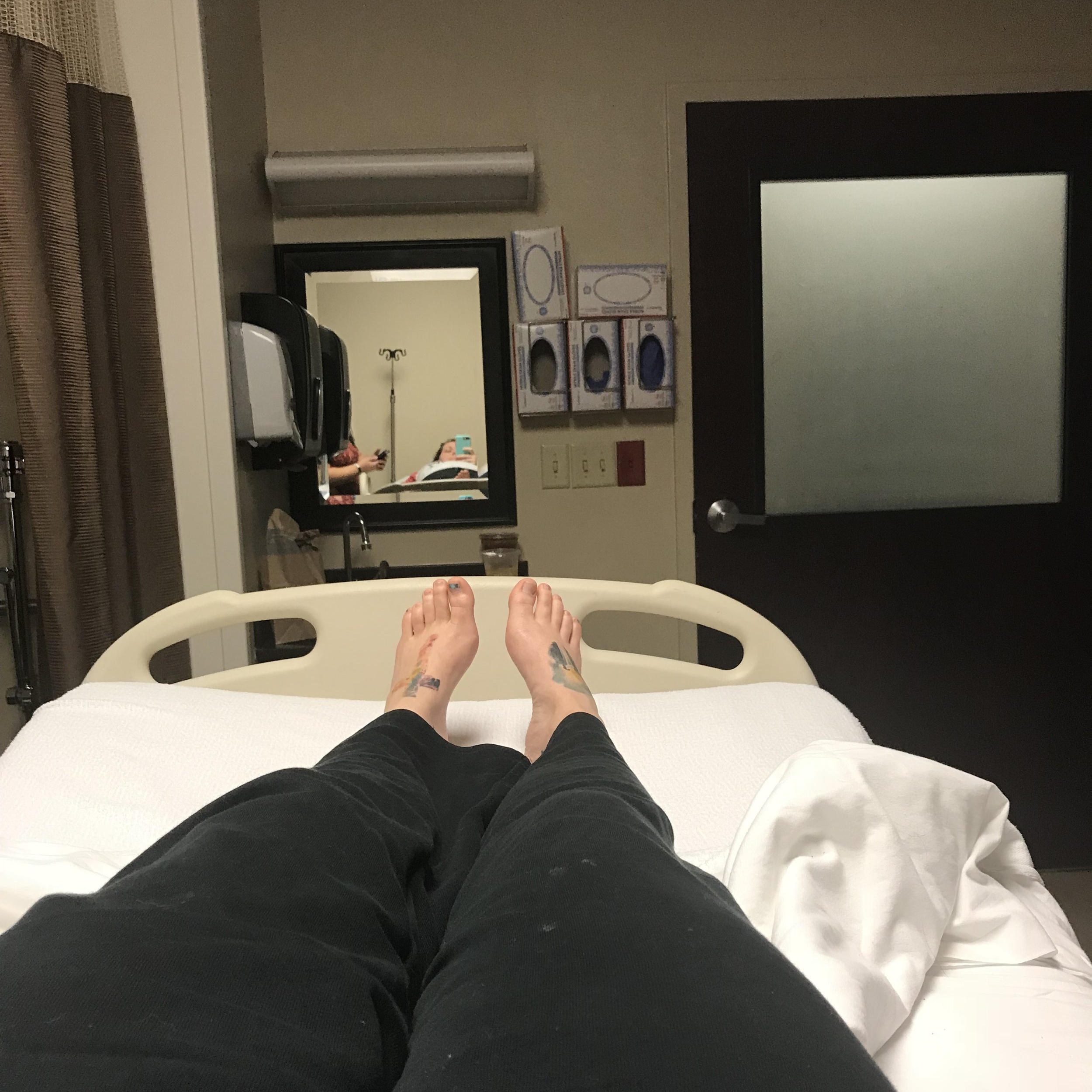my back is damaged, but
/My back is damaged.
Sure, I’ve known that for a while, even before my first spine surgery when I was a 23-year-old newlywed. Back then, I was familiar with pain but absolutely terrified about being a wife, given the married model I grew up with was doused in alcohol and gussied up for appearance. I don’t know how to describe my parents. I just know it wasn’t real, what they projected to the world.
My back and my knees were never right. They were broken before they were whole, effed up before they were fully developed. The same could have been said of my soul, but somehow that survived intact.
My therapist says survival of me was a mix of my tenacity and the grace of God. I’m still not sure about that. I think I just did the next thing, until the things I did were my choices rather than their consequences.
I’m still learning to deserve healing, to believe I’m made for more than bruises. I’m still learning that little girls shouldn’t have to earn love from the people meant to give it no matter what. And I’m still learning to recognize the sound of my own voice, the voice they once stifled with as much violence as they quieted the rest of me.
And still they speak.
My back is damaged, yet another body scan showed last week, described objectively by a clinician writing out the words of my brokenness with sterile and impartial terms. This scan was meant to take some pictures to help my neurosurgeon properly place the spinal cord stimulating electrodes during my most recent surgery yesterday. It did that.
But it also showed the broken places from the days their consequences reigned while my choices weren’t even a thing yet. Back then, I was the object of the story - the one to be hit, to be thrown, the one to be stripped, raped, sold, lather, rinse, repeat.
I’m the subject now. I do things. I write things. I make choices.
Like the choice to have surgery, surgery, surgery, surgery, surgery, surgery, and yesterday one more surgery over a stretch of 18 months. This is my bodily trauma therapy, the taking apart and putting back together, the reconciling my then with my now, the learning I was never made for broken.
After this recent and hopefully last surgery, my back is damaged. But the neurostimulator we’ll turn on in a week will quiet the pain of it, changing my experience of that damage. It’ll be weird to have electricity coursing through my spine, but it should have been weird for bones and joints to be damaged before they were developed. That was just my normal.
I’ll take this new weird, a weird of my choosing to reject their consequences in me.
My back is damaged, but my voice is not.






















